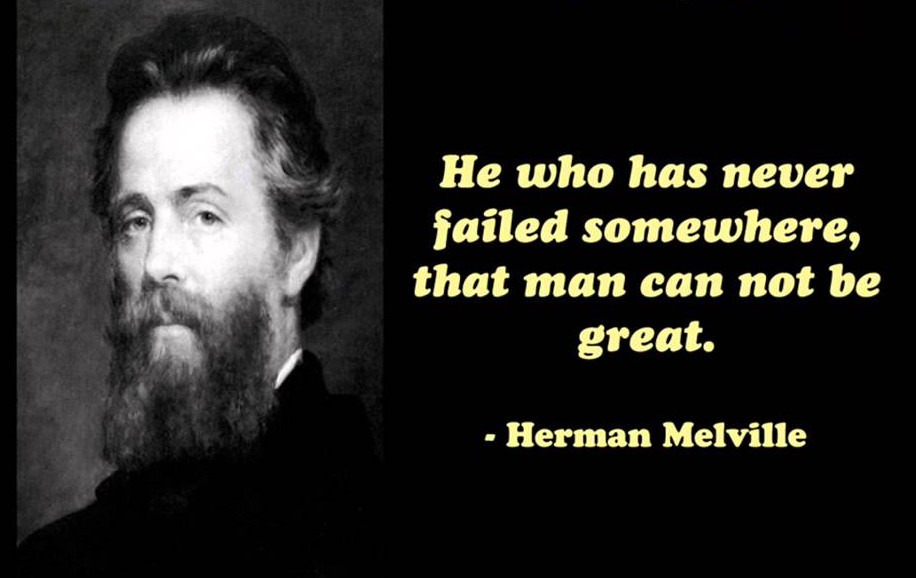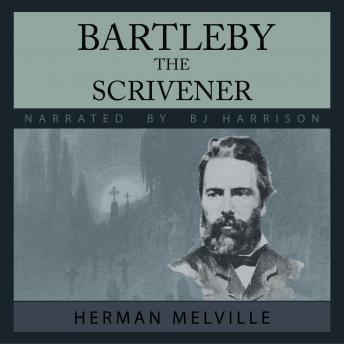
The north American industrial revolution. Jacob Astor, one of the very worst of the early oligarchic exploiters of Indeed, in the first few paragraphs he mentions the name of John WeĪre first introduced to the narrator - a man who proudly identifies himselfĪs petit bourgeois and a toad of the industry owning proletarian exploitingĬlasses. In Herman Mellville's short work "Bartleby the Scrivener" we see theįirst vague stirring of the coming Socialist revolution and the overthrow One desires and makes him a truly haunting figure. This leaves the reader free to freight Bartleby with any significance Leave his patronage job in a dead letter office when administrations changed The only explanation offered for his behavior is that he was forced to Melville keeps Bartleby, like Moby Dick, shrouded in mystery. Removed by the police and starves to death in the Tombs, preferring not Including leave the building after he is fired. Not to." But in short order he is preferring not to do most anything,


Bartleby mystifies his employer, our narrator, firstīy refusing to assist in proof reading documents, averring "I would prefer In which Bartleby works has windows which face the brick walls of surrounding To transcribe legal documents, and if that isn't inhuman enough, the office Has there ever been a lessĭesirable job title than scrivener? They were employed by lawyers Pieces of literature to give voice to the dehumanizing aspects of the modern In Bartleby, he may have written one of the first significant


Melville is, of course, best known for his epic novel Mobyĭick, but he also wrote some great short fiction, including Billy David Sandberg has long insisted that this is a great story and, afterįinally caving in and reading it despite his recommendation, I heartilyĬoncur.


 0 kommentar(er)
0 kommentar(er)
